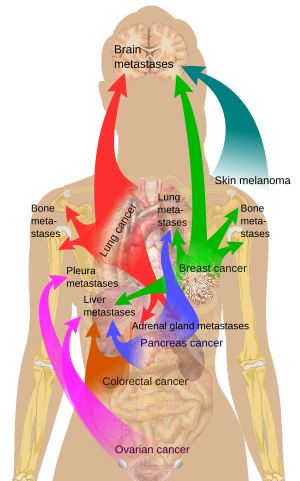The Diesel Exhaust in Miners Study: A Nested Case–Control Study of Lung Cancer and Diesel Exhaust (18 page pdf, Debra T. Silverman, Claudine M. Samanic, Jay H. Lubin, Aaron E. Blair, Patricia A. Stewart, Roel Vermeulen, Joseph B. Coble, Nathaniel Rothman, Patricia L. Schleiff, William D. Travis, Regina G. Ziegler, Sholom Wacholder and Michael D. Attfield, Journal of the National Cancer Institute, Mar.5, 2012)
Also discussed here: IARC: Diesel Engine Exhaust Carcinogenic (4 page pdf, World Health Organization, International Agency for Research on Cancer, Jun. 12, 2012)
And here: Diesel exhaust found to cause lung cancer (Carly Weeks , Globe and Mail, Jun. 12, 2012)
And here: Diesel fumes cause cancer (The Connexion, June 13, 2012)
And here: WHO: exhaust fumes more cancer causing than secondhand smoke ( Yukio Strachan, Digital Journal, Jun. 13, 2012)
Today we review a report from the WHO stating that there is “sufficient evidence” to link diesel exhaust directly to lung cancer and “limited evidence” to a link with bladder cancer which is stronger than earlier statements on health risk. The report goes on to recommend worldwide measures to reduce or eliminate
exposure to diesel exhaust as a priority.
Key Quotes :
"Given the additional health impacts from diesel particulates, exposure to this mixture of chemicals should be reduced worldwide."
"Large populations are exposed to diesel exhaust in everyday life, whether through their occupation or through the ambient air. People are exposed not only to motor vehicle exhausts but also to exhausts from other diesel engines, including from other modes of transport (e.g. diesel trains and ships) and from power generators."
“The Working Group found that diesel exhaust is a cause of lung cancer (sufficient evidence) and also noted a positive association (limited evidence) with an increased risk of bladder cancer (Group 1)”
“Our findings are important not only for miners but also for the 1.4 million American workers and the 3 million European workers exposed to diesel exhaust, and for urban populations worldwide.”
“Diesel engine exhaust will be placed on IARC’s “Group 1” list of known carcinogens, which includes asbestos, tobacco smoke, ultraviolet radiation and formaldehyde”
“Large populations are exposed to diesel exhaust in everyday life, whether through their occupation or through the ambient air…..citing exposure from vehicles, diesel trains, ships and power generators”
“It will be important to consider these findings in light of emission reduction programs, and for setting standards for workplace exposure levels in order to reduce, if not eliminate, exposure”
Related articles
- Lung Cancer Survivors & Stories from Patients (cancercenter.com)


















No comments:
Post a Comment